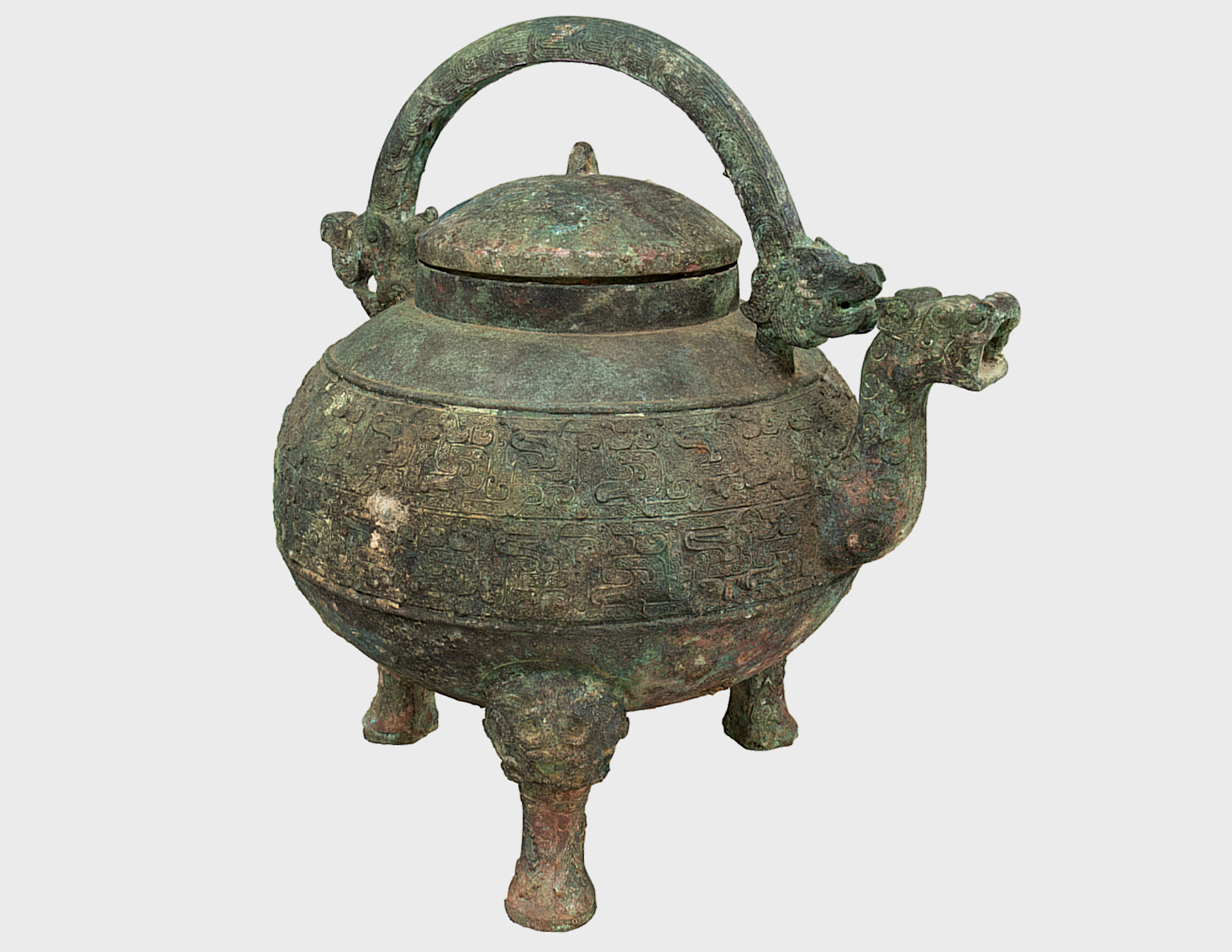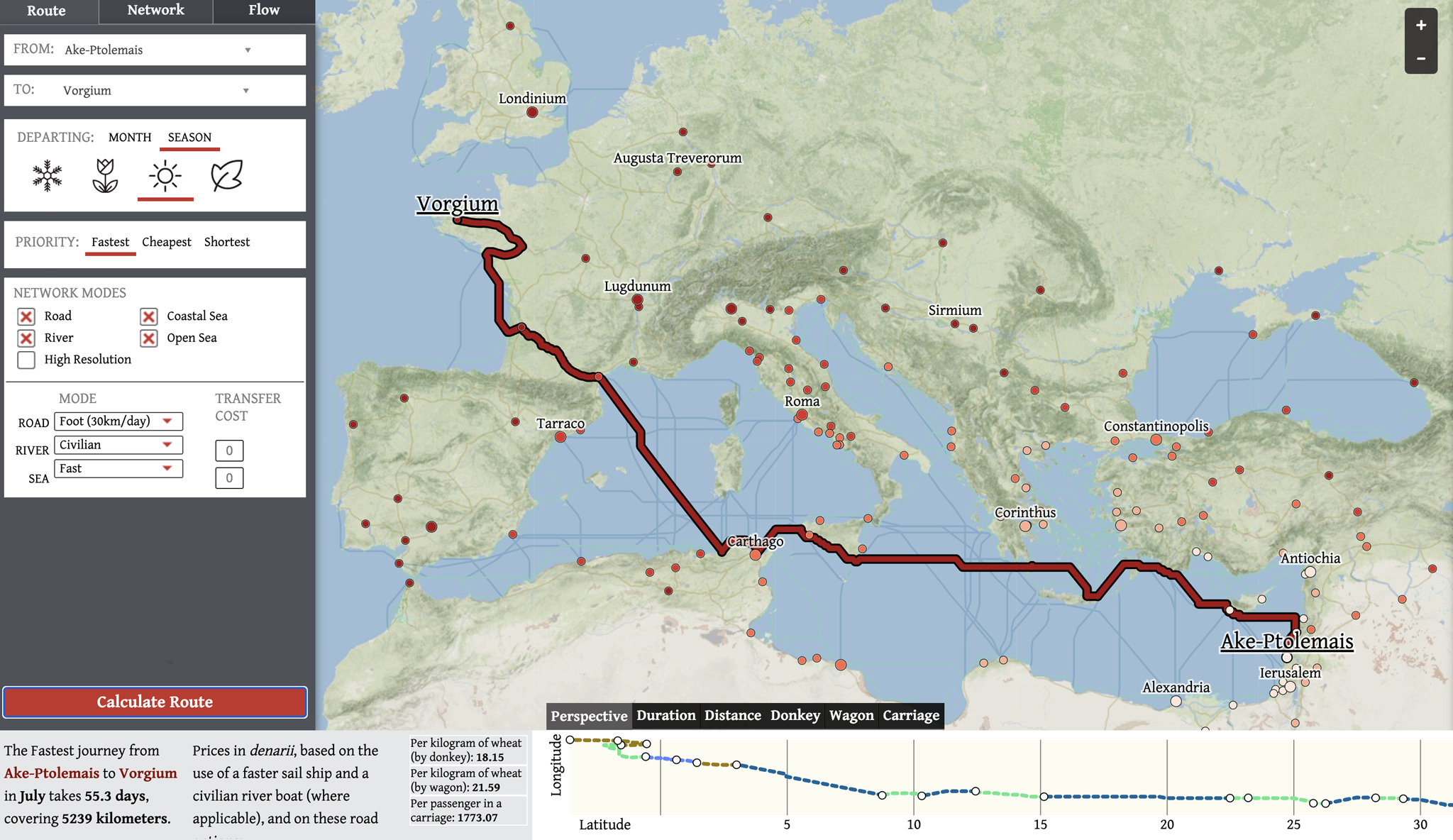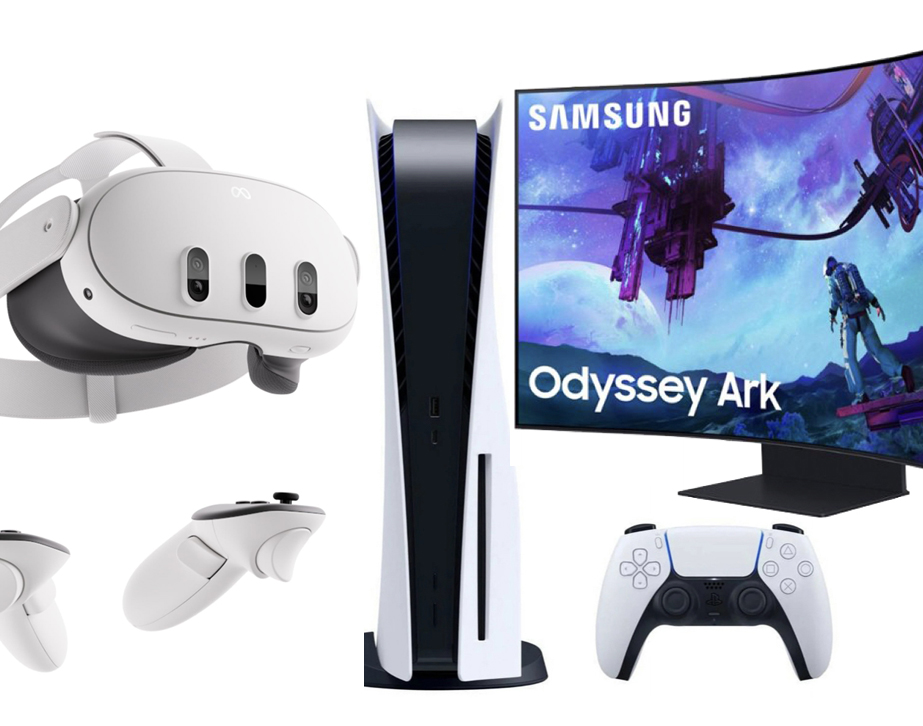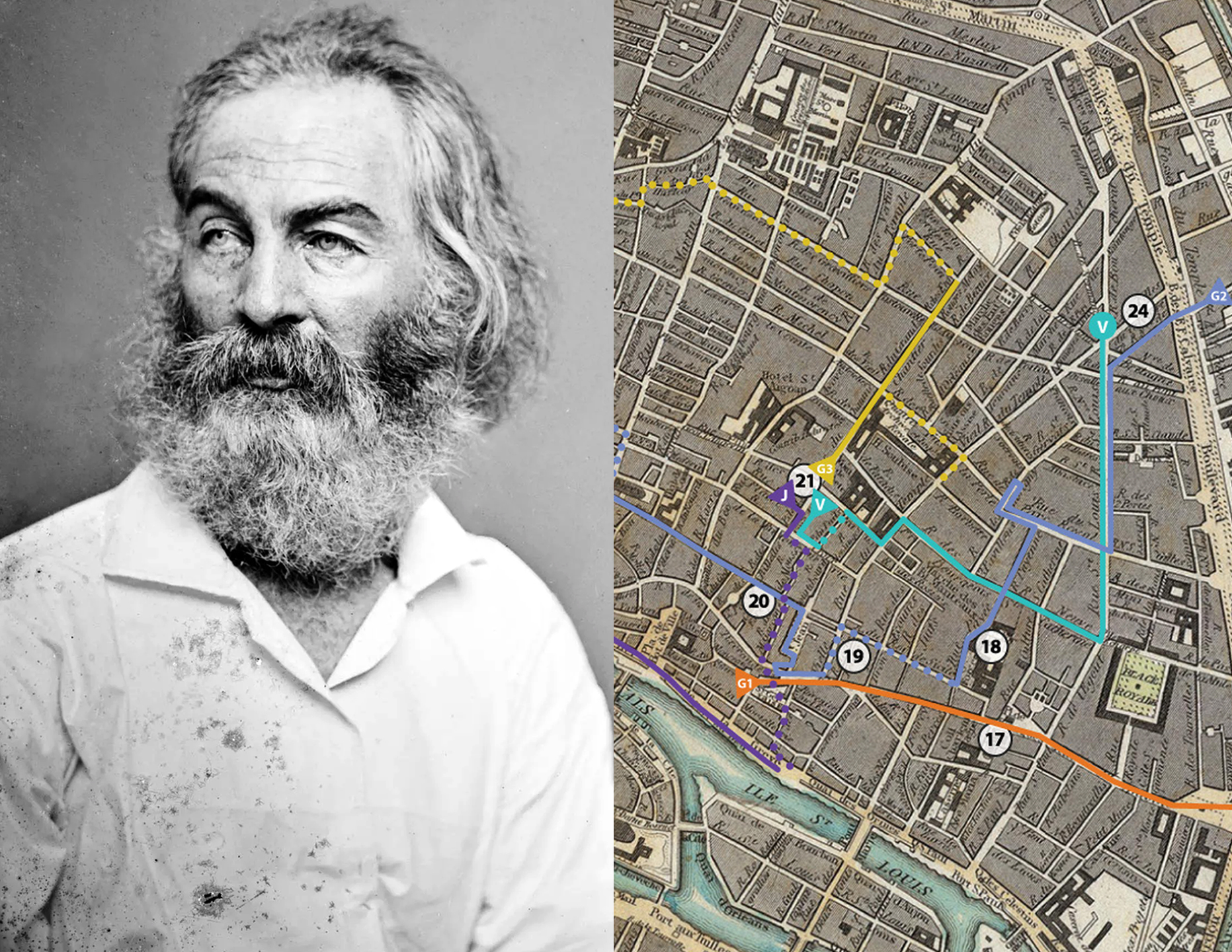Author: Melanie Hubbard
-

Medieval Institute 3D Modeling Workshop
This spring, the Digital Medieval Studies Institute, a full day of programming on digital scholarly methods for medievalists and pre-modernists, was hosted by Harvard and BC’s McMullen Museum. Several of the workshops were hosted on BC’s campus, including the session on photogrammetry led by Antonio LoPiano. This session took place within the Ricci Institute for…
-

How Did They Make That? Learning Series (Spring 2025)
This spring, the Digital Scholarship Group continues its How Did They Make That? Learning Series, which explores different digital scholarship projects and breaks down how they were created. (See the Fall sessions.) Our upcoming sessions include:
-

Digital Studio: New Gaming & Immersive Room
We are pleased to announce the Digital Studio’s new Gaming and Immersive Room (formally the Sound Room). With the growing demand for video games and immersive experiences in teaching and learning, this space allows faculty to incorporate these media into their instruction and students into their course assignments by creating easy access to the necessary…
-

How Did They Make That? Learning Series (Fall 2024)
This year, the Digital Scholarship Group is taking inspiration from Miriam Posner’s famous blog post, How Did They Make That?, and offering a learning series on how specific digital scholarship and digital humanities projects were created. Our intention is to give people a greater sense of what it takes to do this work, including what skills are…
-

Summer Educational Video Series
This summer, the DSG created a series of informative videos to help people understand aspects of DS, DH, and technology more broadly. We hope that our work will be helpful to BC and beyond and encourage the use of our videos in courses and resources such as finding aids. These videos are licensed under CC…
-

A Quick and Critical Dive into AI
This summer, we are creating a series of informative videos to help people understand aspects of DS, DH, and technology more broadly. In this video, Dave Thomas provides critical and thought-provoking insights into AI.